Argan Oil For Face – What Are The Benefits And How To Use It?
Protect your skin from the sun and slow down the signs of aging with this nourishing oil.
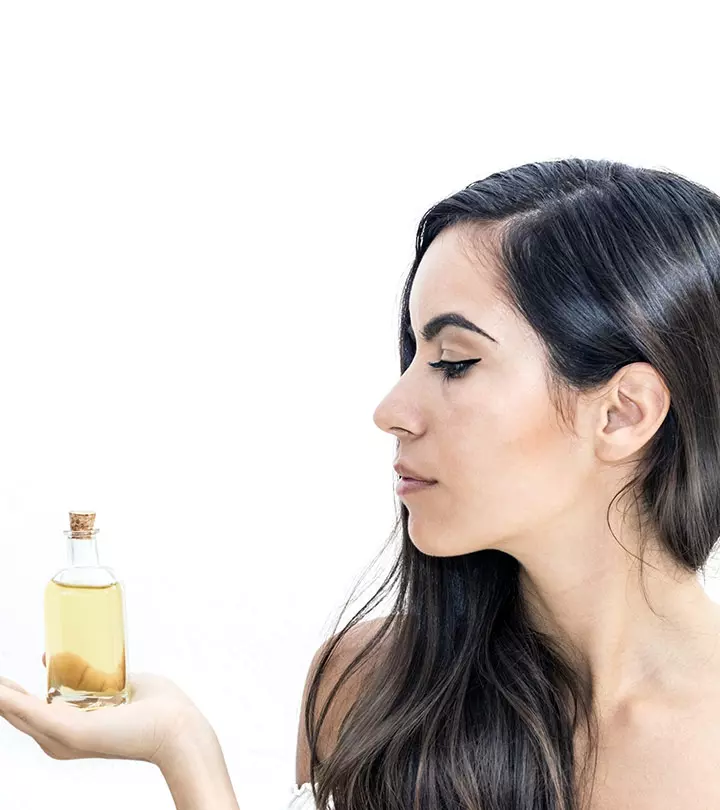
Image: Shutterstock
Argan oil is excellent for maintaining healthy hair. However, you will be surprised to know that you can use argan oil for the face. This nourishing oil is extremely gentle, lightweight, and has moisturizing benefits. In addition, its anti-inflammatory properties help to soothe your skin and get rid of dry patches. Argan oil, derived from the nuts of the Moroccan argan tree, has been a part of the Berber people’s traditions for centuries. Its rich nutrient profile and healing properties have been utilized in their diets, rituals, and personal care routines. Keep reading to understand the benefits of argan oil for the skin and how to use it.
 Trivia
TriviaIn 1988, UNESCO declared the argan forests of Morocco as part of their International Biosphere Reserve to help preserve them.
In This Article
Is Argan Oil Good For The Face?
Argan oil is considered the holy grail of oils for hair and skin because it falls right in the middle of the oil spectrum. It is neither too heavy nor too light, which makes it a great carrier oil. However, the list is long when it comes to carrier oils, as they are quite sought after for healing processes, especially when combined with essential oils. It gets easily absorbed into your skin and is also highly moisturizing. You hardly need a drop or two for your face. So, if you are wondering, “Is argan oil good for the skin?” know that it surely is.
Around 99% of argan oil is made up of triglyceridesi A type of fat that stores unused calories, provides energy between meals, helps smoothen the skin, and works as an antioxidant. (oleic and linoleic acids), and the remaining 1% contains vitamin E, carotenoidsi Antioxidants that protect the skin from free radicals, prevent the degradation of collagen, and have other health benefits. , sterolsi Fat-like substances that have anti-inflammatory and antipruritic properties and contribute to the skin’s natural barrier layer. , and polyphenolsi Naturally occurring reducing agents that protect the body against oxidative stress and various health conditions, like cancer. (1). These are known to be great for the skin.
Argan oil fortifies the skin, reduces inflammation, softens dry patches, improves complexion, and boosts radiance and overall skin health. Let’s look at some benefits of using argan oil for the skin.
Key Takeaways
- Argan oil may moisturize the skin, reduce acne, and the signs of aging.
- It may also soothe and get rid of dry patches as it has anti-inflammatory properties.
- Its anti-inflammatory and antioxidant properties may heal wounds.
- Argan oil is suitable for all skin types.
- You can use argan oil as a skin toner, serum, or lip exfoliator.
What Are The Benefits Of Argan Oil For The Skin?
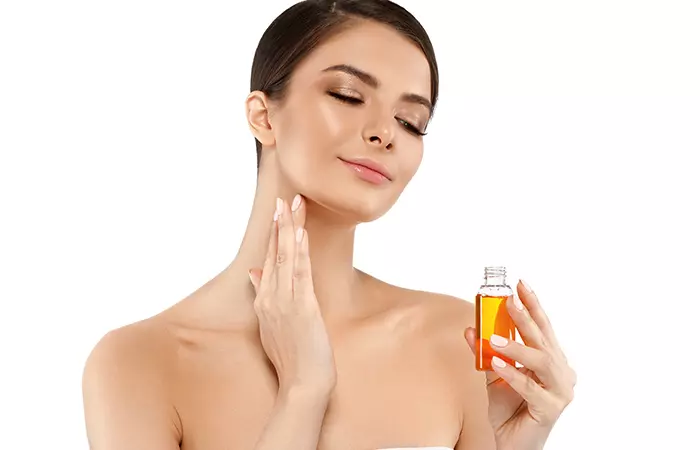
- Moisturizes Your Skin
Argan oil contains vitamin E and other fatty acids. It is light and is quickly absorbed into the skin. It hydrates, nourishes, and keeps your skin moisturized for a long time. If you live in arid and cold conditions, you need this oil in your closet. You can probably even replace your regular moisturizer with this one. It suits all skin types, so you have nothing to worry about.
AnnaCris, a blogger, shared her experience of using argan oil on her face. She said, “ I use it every night as my nighttime moisturizer and I see the difference. I prefer to use it at night because it’s light and does not rub off on my pillows. My skin is smoother, softer, and has a natural glow about it (i).”
- Treats Acne
Using oil on acne-prone skin (i.e., oily skin) might sound crazy, but argan oil acts as a healing agent. It has anti-inflammatory properties that reduce swelling and soothe acne (2). It also has anti-sebum properties that can help in reducing greasiness and improve the appearance of oily skin (3).
- Anti-Aging
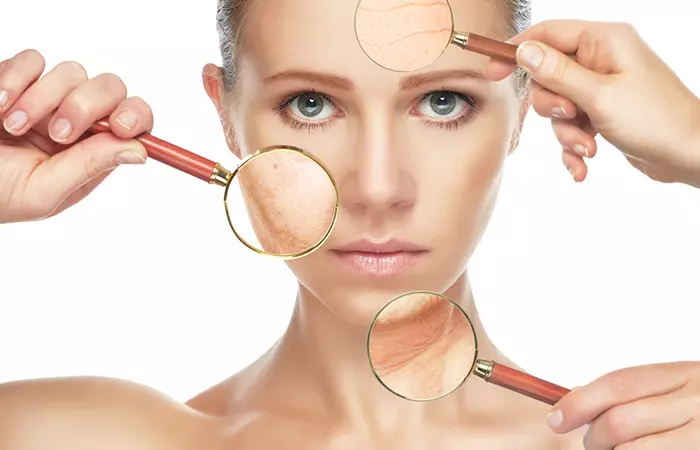
Our skin starts to wrinkle, develops fine lines and tends to look duller than it is because it lacks softness, moisture and hydration, which speeds up the aging process. Argan oil increases skin’s regeneration rate and improves its elasticity (4). Since argan oil is extremely hydrating, it locks in moisture and makes your face look plumper, brighter, and softer.
- Protects From Sun Damage
Argan oil contains antioxidants that protect and repair your skin from sunburn, damage, or hyperpigmentation caused due to sun exposure (5). Hyperpigmentation is usually caused due to an increase in the production and accumulation of melanin in your skin. The different components in argan oil work collectively to inhibit the production of melanin.
- Treats And Heals Skin Conditions
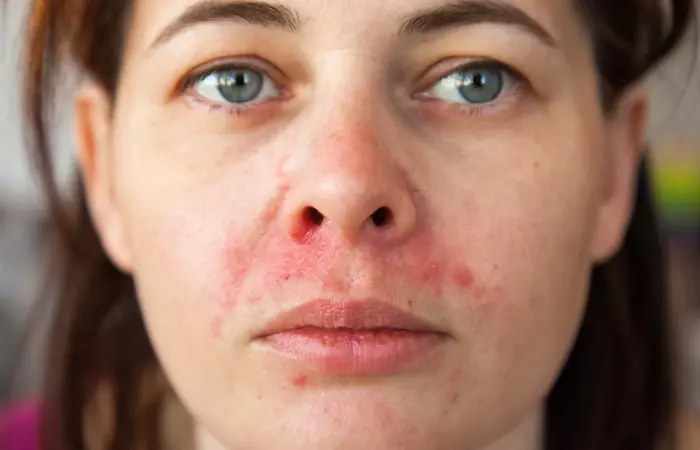
Inflamed and itchy patches characterize some skin conditions, like eczema or atopic dermatitisi The most common type of eczema, a chronic skin condition that causes dry, itchy, red, and inflamed skin in all age groups. (AD). Apart from your regular medication and treatment, using argan oil can reduce redness in itchy, flaky skin and soothe it by locking in moisture and maintaining your skin’s barrier function.
Dr. Sanusi Umar, MD, FAAD, says, “Although the exact causes of AD are not well understood yet, people suffering from it have a loss of moisture and inflammation of the skin. Argan oil is known for its anti-inflammatory properties, and like any oil, traps moisture, and so is great for hydrating the skin. Consequently, it is an effective remedy to alleviate some AD symptoms.”
- Improves Skin’s Overall Health
Argan oil is loaded with ingredients that are considered the best for maintaining your skin’s health (1). Using it in your everyday skin routine can make a lot of difference to your overall skin appearance.
- Heals Wounds
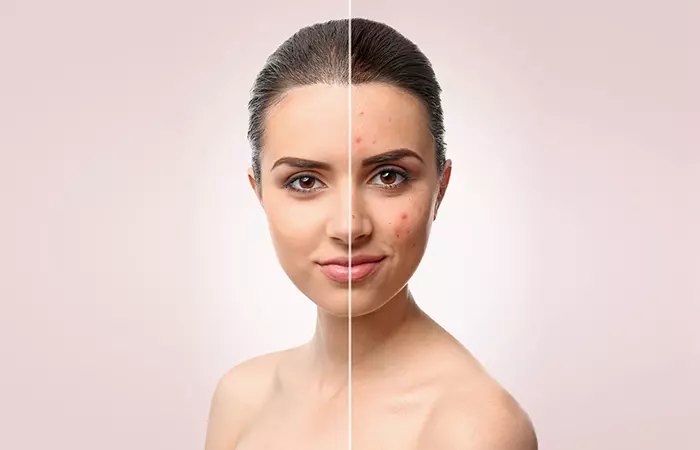
Argan oil has anti-inflammatory and antioxidant properties that can help heal wounds (2).
The benefits are great. So, how do you use argan oil for your face?
How To Use Argan Oil For The Face
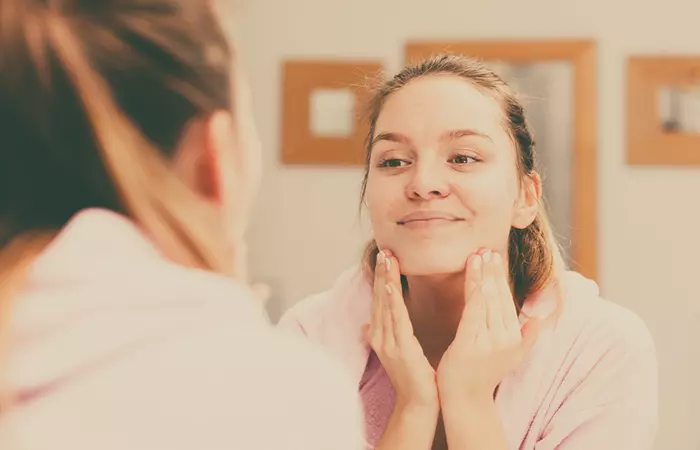
- Moisturizer – Take a drop or two of argan oil and apply it all over your face before you start your morning routine. Do this at night too and leave it on overnight.
- Hydrating Toner – Pour a drop of argan oil on a cotton pad with your toner on it and dab your face with this blend.
- Lip Exfoliator Or Moisturizer – Add a little bit of argan oil to brown sugar and gently exfoliate your lips with the mixture. Or dab the oil over the lips and leave it on for a while to let it moisturize and soften them.
- Serum – Add argan oil to your serum and let it soak in before you carry on with your skincare routine.
You also need to know how to choose the best argan oil to reap maximum benefits.
How To Choose The Best Argan Oil
- Look for cold-pressed argan oil. It is most effective for intense rejuvenation on the scalp as well as the skin.
- Avoid any product that has artificial fragrances, scents, or chemicals.
- Argan oil is all natural and needs no preservatives. So, look for something completely natural and organic.
- Argan oil is expensive because of its extraction method and limited availability of the fruit in only a few parts of the world. Do not fall for anything that is incredibly cheap.
- Choose brands that prioritize eco-friendly sourcing and ethical practices. Sustainable argan oil production supports local communities and helps preserve the delicate ecosystems where argan trees thrive. It is best for both your beauty routine and the planet.
 Fun Fact
Fun FactNow that you know what to look for while shopping for argan oil, here are a few brands you can try out!
Best Argan Oil Brands For The Face
- Viva Naturals Organic Argan Oil For Hair, Face, And Skin – Buy it here!
- Pura D’or (4 oz) Organic Moroccan Argan Oil – Buy it here!
- Josie Maran 100% Pure Argan Oil – Buy it here!
Another potent oil that has gained popularity recently is grapeseed oil. Let’s check how it differs from argan oil, and which is more beneficial for the face.
Grapeseed Oil Vs. Argan Oil For Face
Grapeseed oil contains an abundance of vitamin E, other antioxidants, and fatty acids that help deeply moisturize the skin and maintain its natural hydration, making it an excellent choice for dry skin types (6). It also exhibits antibacterial and antifungal properties that can prevent blemishes and cater to problematic skin. On the other hand, the lipophilic antioxidants present in argan oil promote healthy skin by combating common signs of aging, like fine lines, wrinkles, and dark spots. Therefore, use grapeseed oil to nourish your skin and argan oil to fight the signs of aging.
So far, we have compared argan oil with other oils and also seen everything that is good about it. But what of the negatives? Does it have any side effects? Let’s find out!
Side Effects And Risks
- Even though argan oil is highly fortifying, it can cause skin allergies or aggravate acne in people who have extremely sensitive skin or tree-nut allergies.
- Argan oil is actually made from stone fruit, but it might still cause reactions in some people. Always do a patch test before you go all out with it.
- If you are ingesting argan oil, observe how your body is reacting to it. It can cause severe bloating, diarrhea, loss of appetite, or breakouts.
Infographic: Top 5 Ways Argan Oil Can Benefit Your Skin
You may have been using argan oil in your cooking to add flavor to your dishes. But argan oil is much more than that! The properties of this oil have diverse benefits, even when it is topically applied on the skin. A few drops can hydrate and glow up your skin.
Check out the infographic below to know the benefits of argan oil for your skin. Illustration: StyleCraze Design Team
Most people use argan oil for hair growth; however, knowing the right way to use it is crucial. Not many people know that you can also use argan oil for the face. It has outstanding hydrating abilities and powerful antioxidant benefits.
The oil is extremely viscous and, therefore, you will need a drop or two for your entire face. You can use the oil directly on your face or mix it with other oils and DIY remedies to improve your skin health and natural beauty. Follow the tips shared in the article. However, if you have nut allergies or sensitive skin, do a patch test before using the oil on your face.
Frequently Asked Questions
Does argan oil darken skin?
No, there is no evidence to suggest that argan oil darkens skin. On the contrary, argan oil may protect the skin against hyperpigmentation caused by free radicals and sun damage (5).
Is argan oil good for under eyes?
Yes, pure argan oil may help reduce puffiness and dark circles under eyes.
Is it okay to use argan oil everyday?
Yes, it is okay to use small amounts of argan oil on skin every day.
What colour is pure argan oil?
Pure argan oil is deep yellow in color.
Does argan oil have a smell?
Yes, pure cosmetic-grade argan oil has a unique, raw, and nutty smell which disappears soon after application as the oil is absorbed into the skin.
Illustration: Argan Oil For Face – What Are The Benefits And How To Use it?

Image: Stable Diffusion/StyleCraze Design Team
Discover the amazing benefits of argan oil for your skin! Watch this video to learn how to use it to get softer and smoother skin.
Personal Experience: Source
StyleCraze's articles are interwoven with authentic personal narratives that provide depth and resonance to our content. Below are the sources of the personal accounts referenced in this article.
i. My Experience With Coconut Oil and Argan oilhttps://annacrisblogs.wordpress.com/2015/11/21/my-experience-with-coconut-oil-and-argan-oil/
References
Articles on StyleCraze are backed by verified information from peer-reviewed and academic research papers, reputed organizations, research institutions, and medical associations to ensure accuracy and relevance. Read our editorial policy to learn more.
- “Benefits of Argan Oil on Human Health-May 4–6 2017, Errachidia, Morocco” International Journal of Molecular Sciences, US National Library of Medicine.
- “Anti-Inflammatory and Skin Barrier Repair Effects of Topical Application of Some Plant Oils” International Journal of Molecular Sciences, US National Library of Medicine.
- “Argan oil” Alternative Medicine Review.
- “The effect of dietary and/or cosmetic argan oil on postmenopausal skin elasticity” Clinical Interventions in Aging, US National Library of Medicine.
- “Activation of MITF by Argan Oil Leads to the Inhibition of the Tyrosinase and Dopachrome Tautomerase Expressions in B16 Murine Melanoma Cells” Evidence-based Complementary and Alternative Medicine, US National Library of Medicine.
- “Effects of a grapeseed oil (Vitis vinifera L.) loaded dermocosmetic nanoemulgel on biophysical parameters of facial skin: A split-face, blinded, placebo-controlled study” Journal of Cosmetic Dermatology, US National Library of Medicine.
Read full bio of Dr. CP Thajudheen
- Dr. Sanusi Umar, MD, FAAD, is a dermatologist who has been practicing for more than 20 years. He is affiliated with multiple hospitals in Manhattan Beach, California, including Torrance Memorial Medical Center and Providence Little Company of Mary Medical Center Torrance. He received his medical degree from University of Maiduguri College of Medical Sciences and is a leader in the removal of AKN (Acne Keloidalis Nuchae).
 Dr. Sanusi Umar, MD, FAAD, is a dermatologist who has been practicing for more than 20 years. He is affiliated with multiple hospitals in Manhattan Beach, California, including Torrance Memorial Medical Center and Providence Little Company of Mary Medical Center Torrance. He received his medical degree from University of Maiduguri College of Medical Sciences and is a leader in the removal of AKN (Acne Keloidalis Nuchae).
Dr. Sanusi Umar, MD, FAAD, is a dermatologist who has been practicing for more than 20 years. He is affiliated with multiple hospitals in Manhattan Beach, California, including Torrance Memorial Medical Center and Providence Little Company of Mary Medical Center Torrance. He received his medical degree from University of Maiduguri College of Medical Sciences and is a leader in the removal of AKN (Acne Keloidalis Nuchae).
Read full bio of Ramona Sinha
Read full bio of Eshna Das
Read full bio of Shiboli Chakraborti







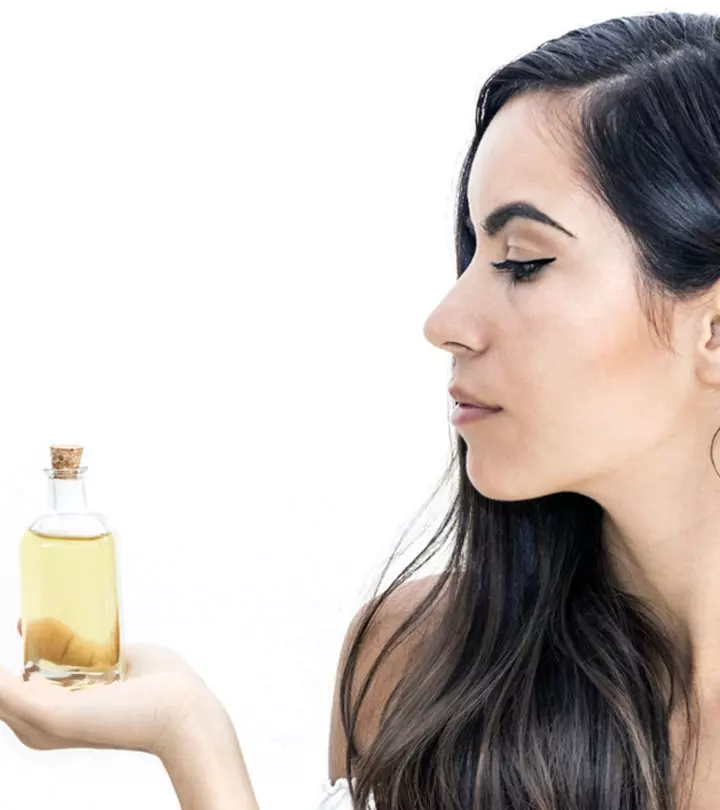
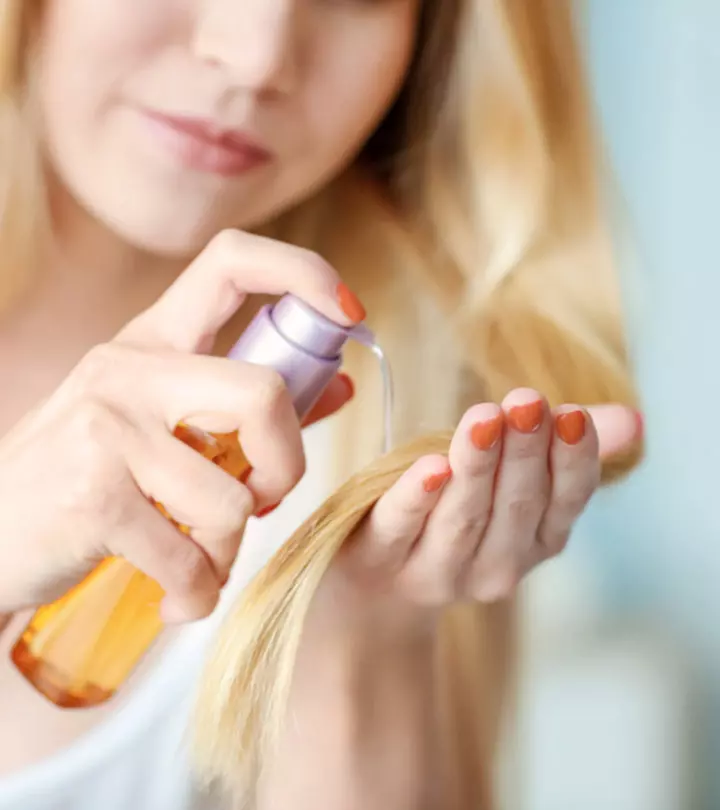
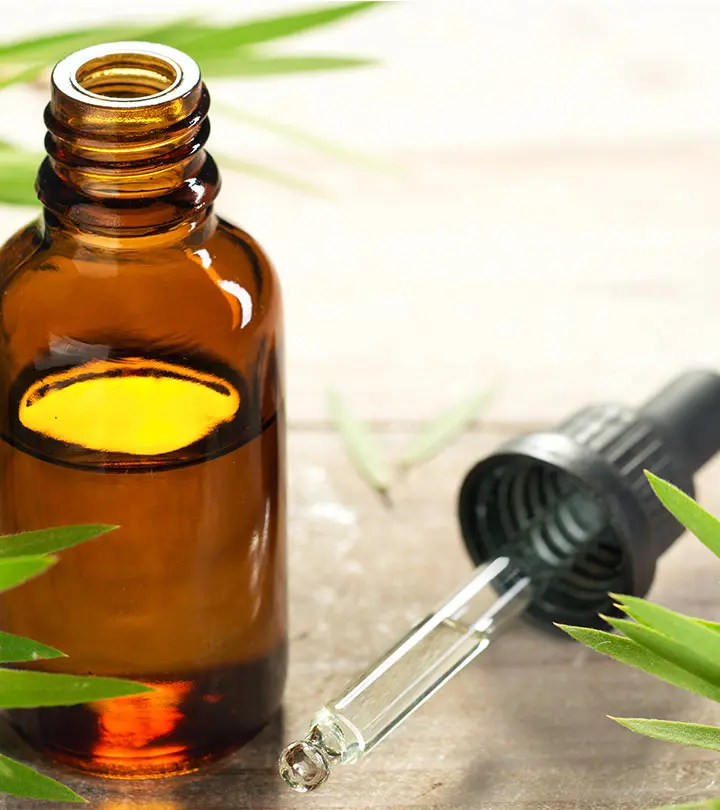

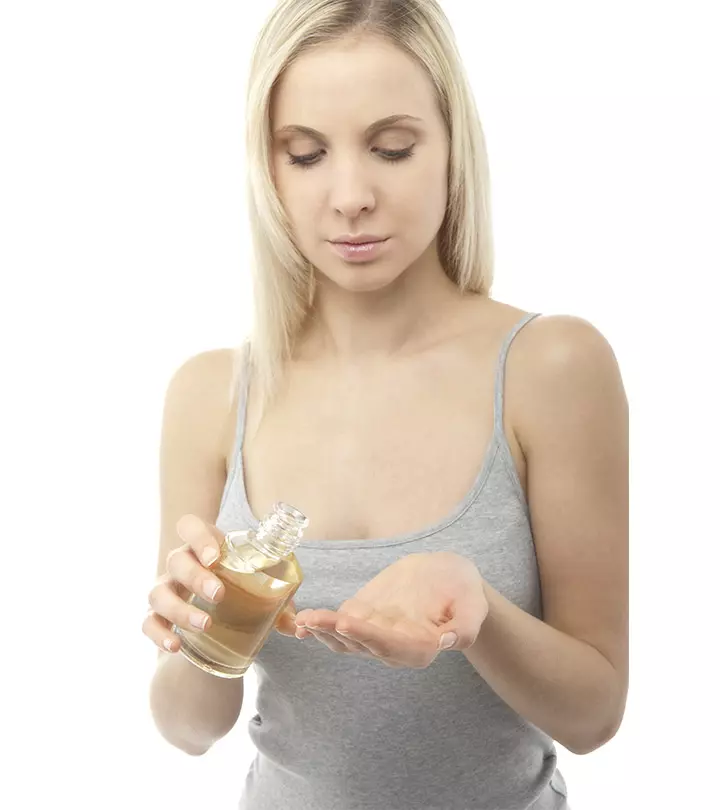
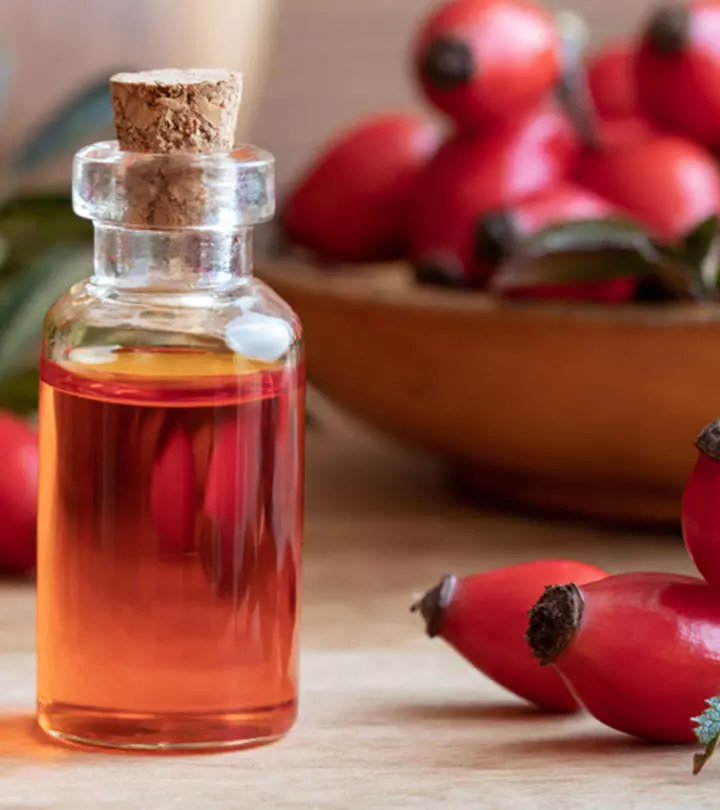
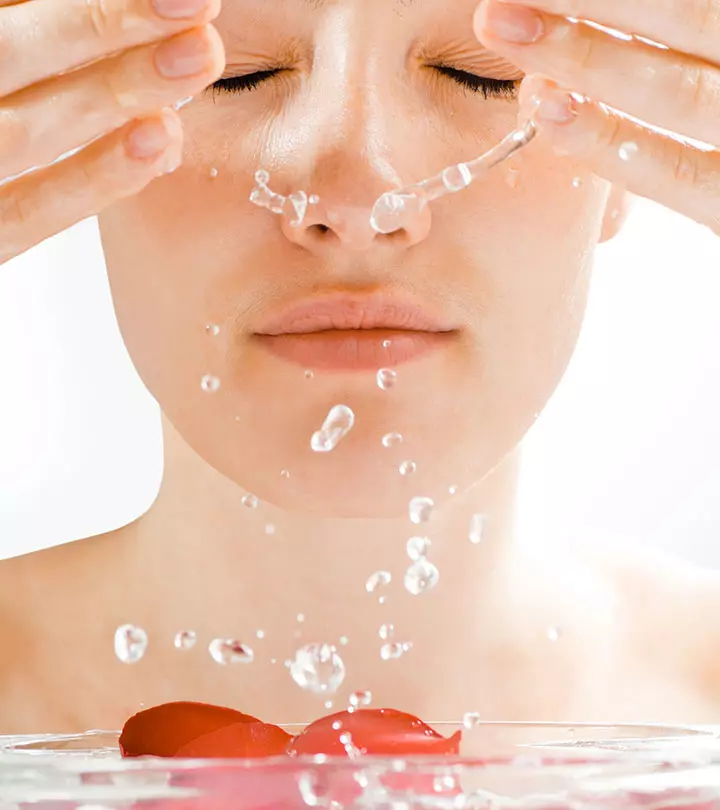
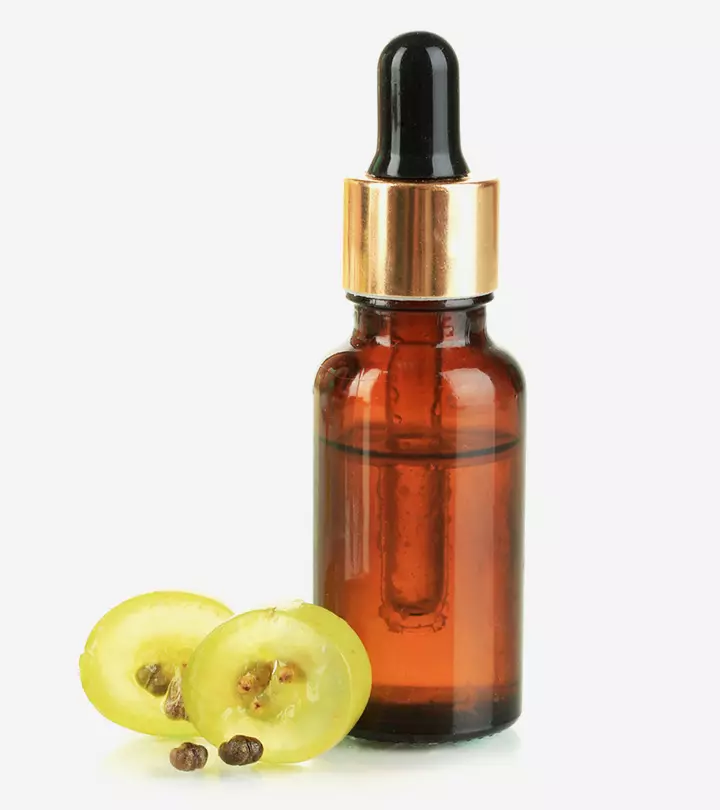

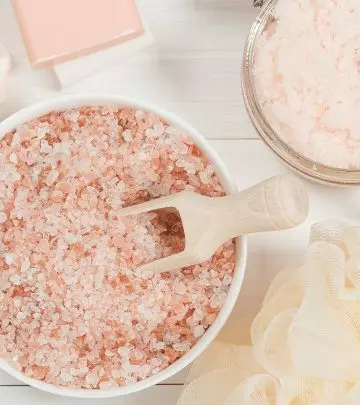
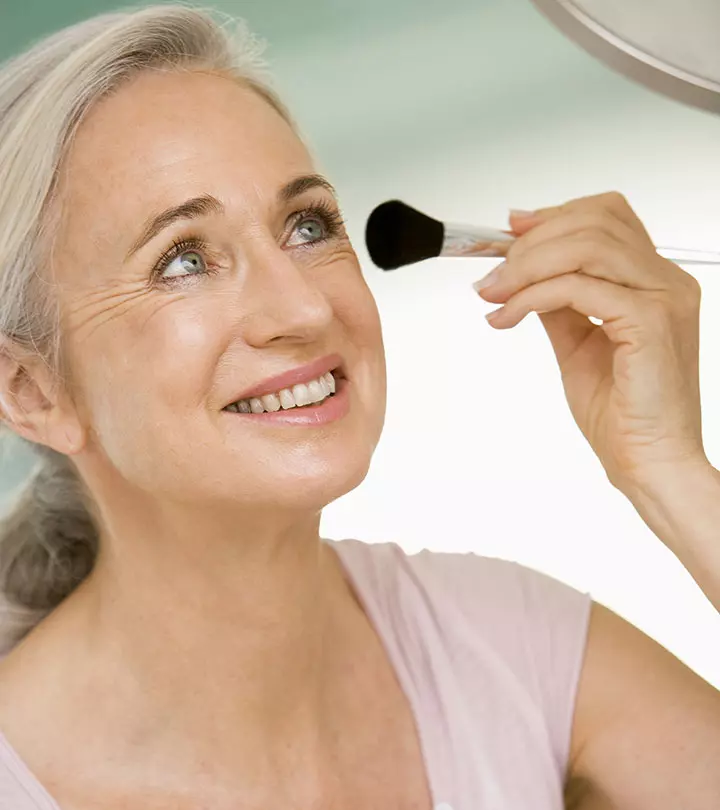
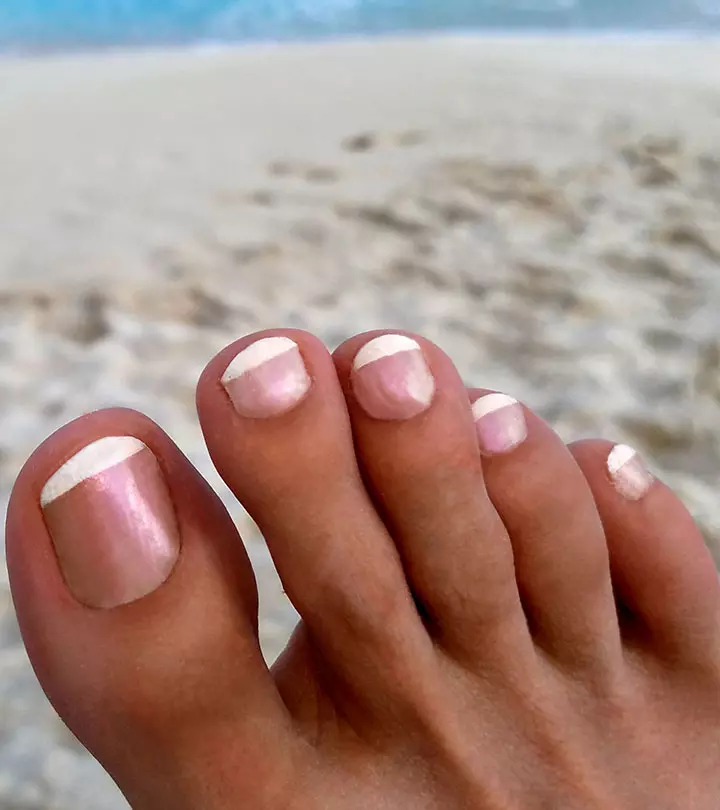

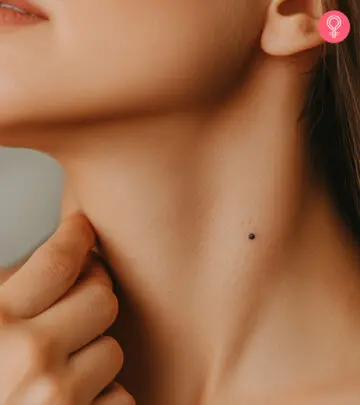
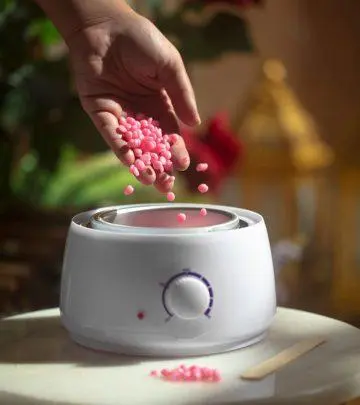
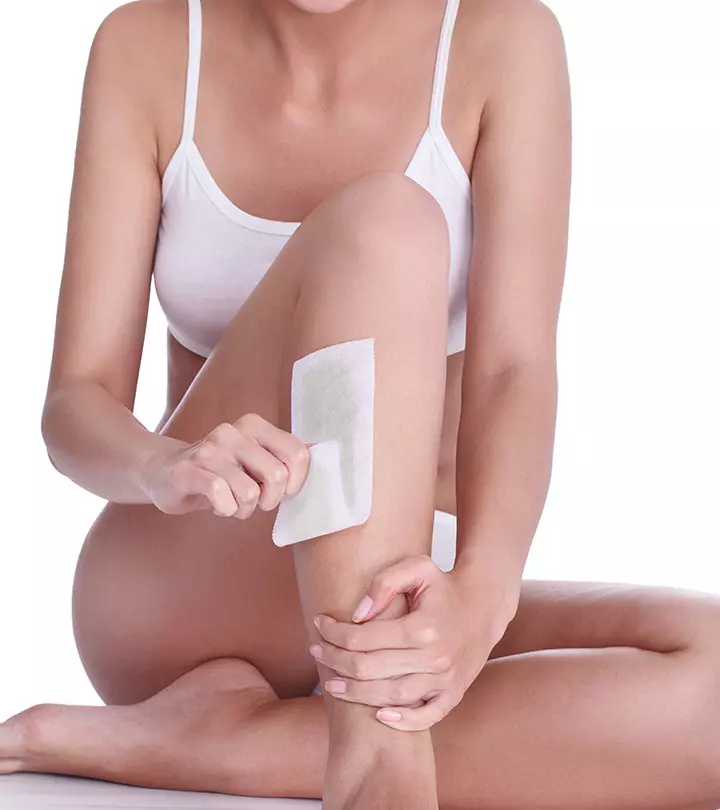
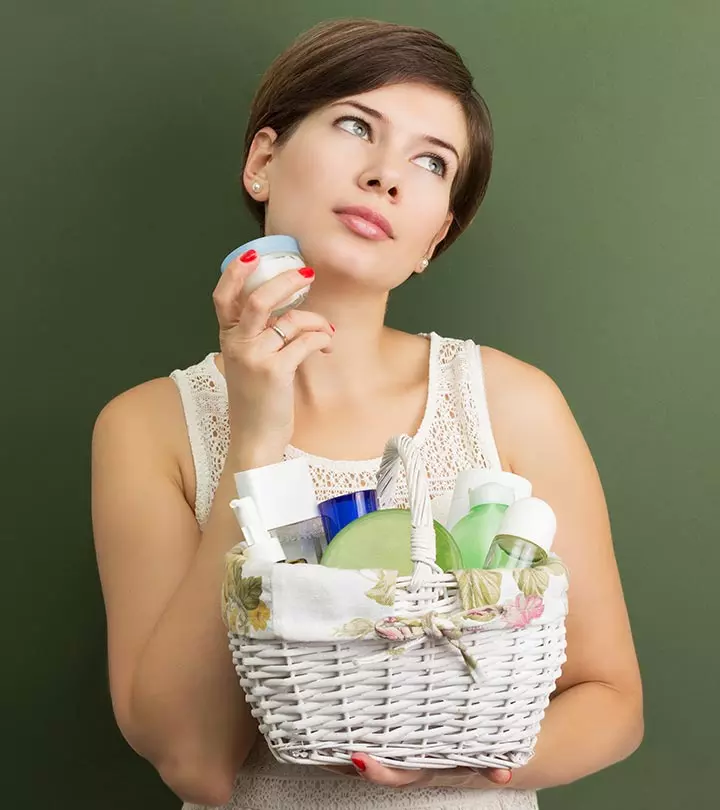
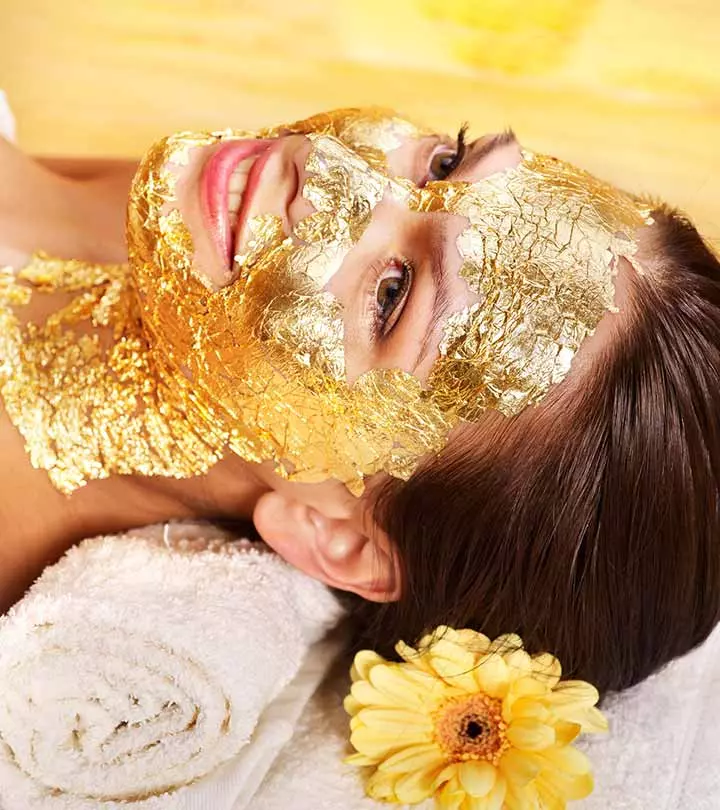
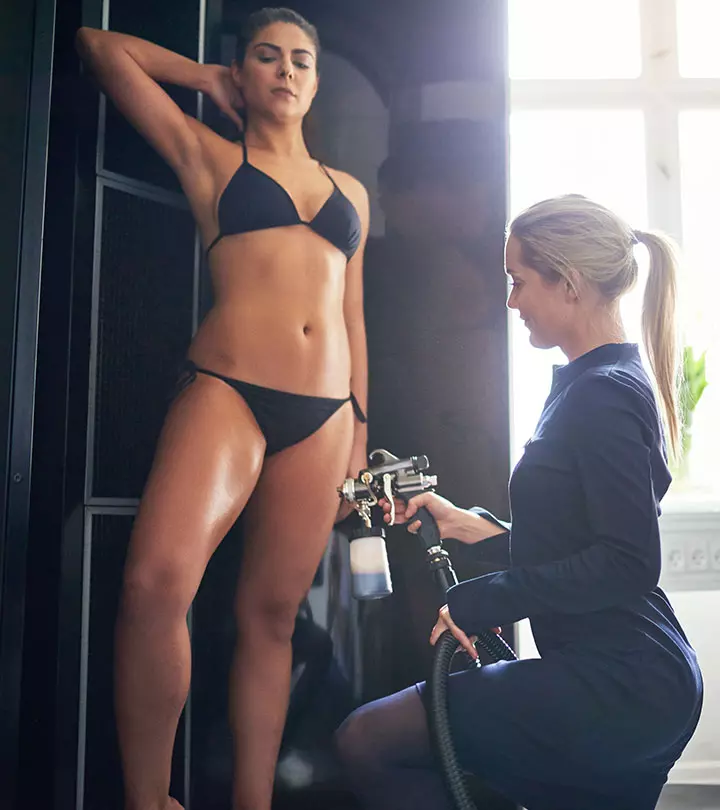
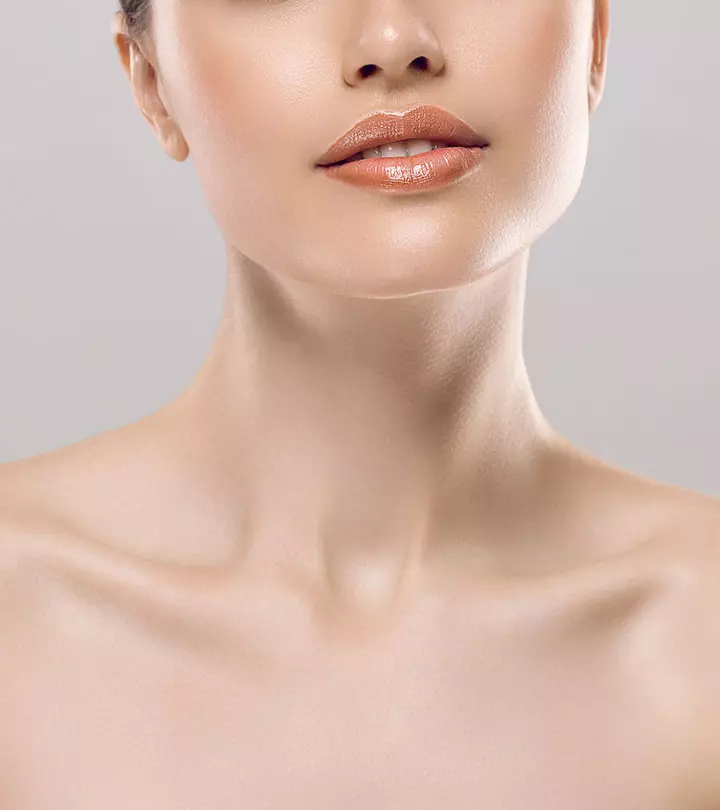
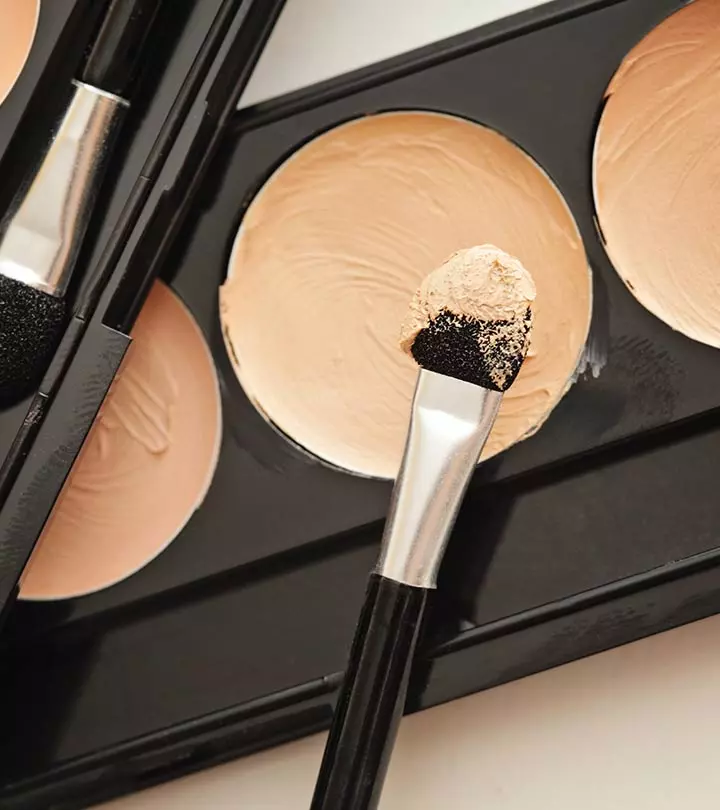
Community Experiences
Join the conversation and become a part of our empowering community! Share your stories, experiences, and insights to connect with other beauty, lifestyle, and health enthusiasts.